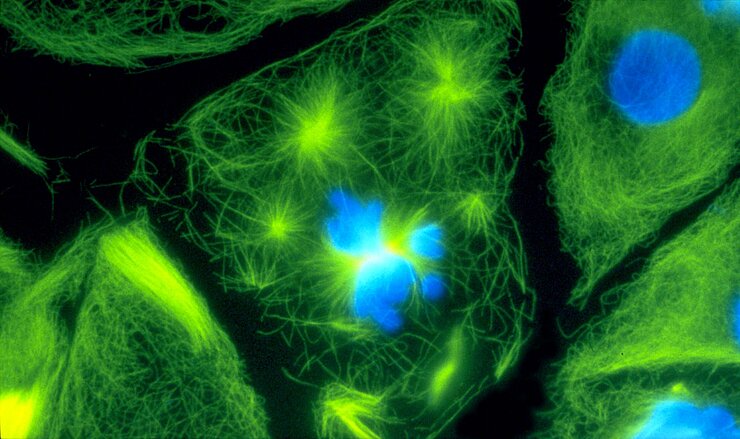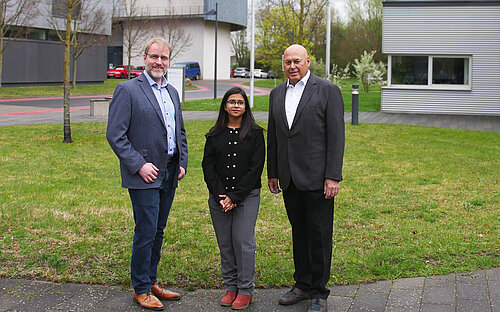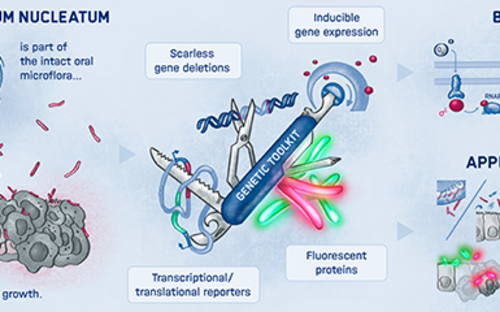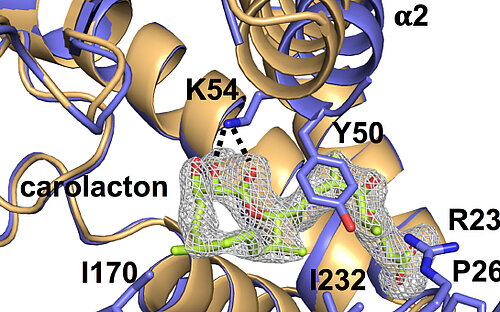Infections and Cancer

For a long time one believed, cancer and infections were two completely independent desease fields. This opinion still prevails: One gets infection illnesses from the outside while cancer originates in the body. Such a strict separation is obsolete as the worldwide most frequent tumour illnesses are stomach, liver and cervical cancer.
Cervical cancer is the result of exposure to HPV, human papilloma virus. Infection with hepatitis virus is the culprit behind nearly 80 percent of all hepatic cancers. And some 75 percent of stomach tumors can be traced back to exposure to Helicobacter pylori.
And that's just the tip of the iceberg: Worldwide, some 14 million people develop cancers annually - a high percentage of those diseases are caused by pathogens like viruses or bacteria. And, of course, cancer patients in general are particularly susceptible to infection. By extension, then, infection research is cancer research - and vice versa.
Joining forces against hepatitis C viruses
Scientists at the HZI subsidiary TWINCORE are investigating the mechanisms hepatitis C virus uses to proliferate in the liver. Roughly 130 million people worldwide have chronic hepatitis C and are living with the risk of developing hepatic cancer at some point down the line. Along with their TWINCORE and HIPS colleagues, HZI researchers are searching for potential new drugs capable of interfering with viral proliferation. Preliminary cancer therapy if you will.
Jack-of-all-trades: natural substances
Epothilon is a natural substance HZI scientists have managed to isolate from soil bacteria in their search for effective substances and which was subsequently developed into a drug for breast cancer and approved for use in the US back in 2007.
The search for new active substances from Nature provides a focal point for the research that is currently happening at the HZI - the scientists' special focus is on identifying new antiinfectives.
Infections against cancer
Yet infections and cancers have common points of contact in other respects as well. As such, HZI scientists are working on using bacteria to fight tumors. They are using salmonella to colonise and kill off the tumor and at this point have already scored several major successes treating tumors in mice. Salmonella-based cancer treatment is still a far cry from human application - the pathogen is far too virulent and the risk of killing off the tumor while inadvertently triggering a serious salmonellosis is far too great.
(jgr)
Involved research groups
-
Experimental Virology
 Prof Dr Thomas Pietschmann
Prof Dr Thomas Pietschmann -
RNA Biology of bacterial infections
 Prof Dr Jörg Vogel
Prof Dr Jörg Vogel

![[Translate to English:] Portrait Thekla Cordes](/fileadmin/_processed_/f/6/csm_TheklaCordes_1a_f7fae35073.jpg)





